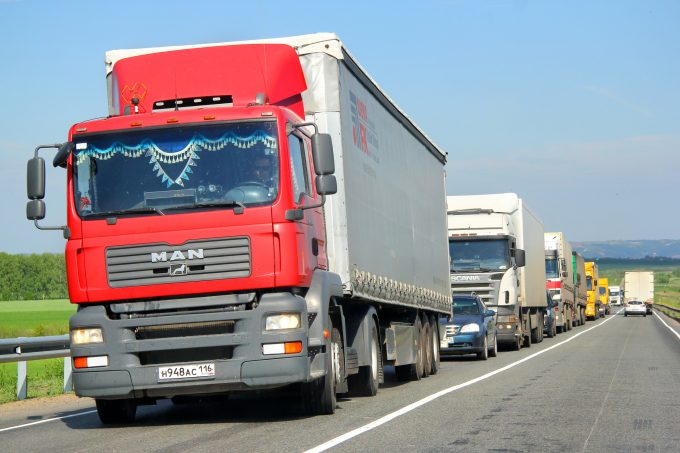Red Sea attacks on ships could continue, despite Gaza ceasefire
Despite a lull in attacks on shipping this month, Houthi suggestions are that they may ...

Transport firms operating in Russia have been warned to carry out thorough risk reviews and seek insurance that goes beyond just cargo protection amidst signs of market recovery.
In St Petersburg last week, Alexander Petrenko, deputy director of TT Club’s Russian partner Panditrans, told the TransBaltic conference that alongside claims for loss and damaged cargo, operators could be liable for financial losses through errors and omissions, as well as third-party liabilities, and fines and duties imposed by state authorities.
“Our 25-year-plus experience in ...
Asia-USEC shippers to lose 42% capacity in a surge of blanked sailings
USTR fees will lead to 'complete destabilisation' of container shipping alliances
New USTR port fees threaten shipping and global supply chains, says Cosco
Outlook for container shipping 'more uncertain now than at the onset of Covid'
Transpac container service closures mount
DHL Express suspends non-de minimis B2C parcels to US consumers
Zim ordered to pay Samsung $3.7m for 'wrongful' D&D charges
Flexport lawsuit an 'undifferentiated mass of gibberish', claims Freightmate

Comment on this article